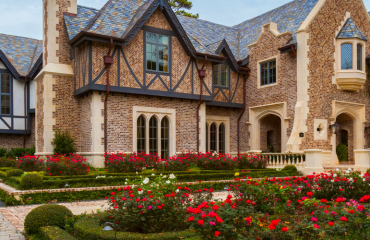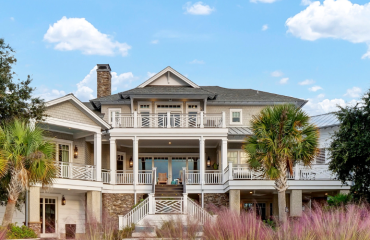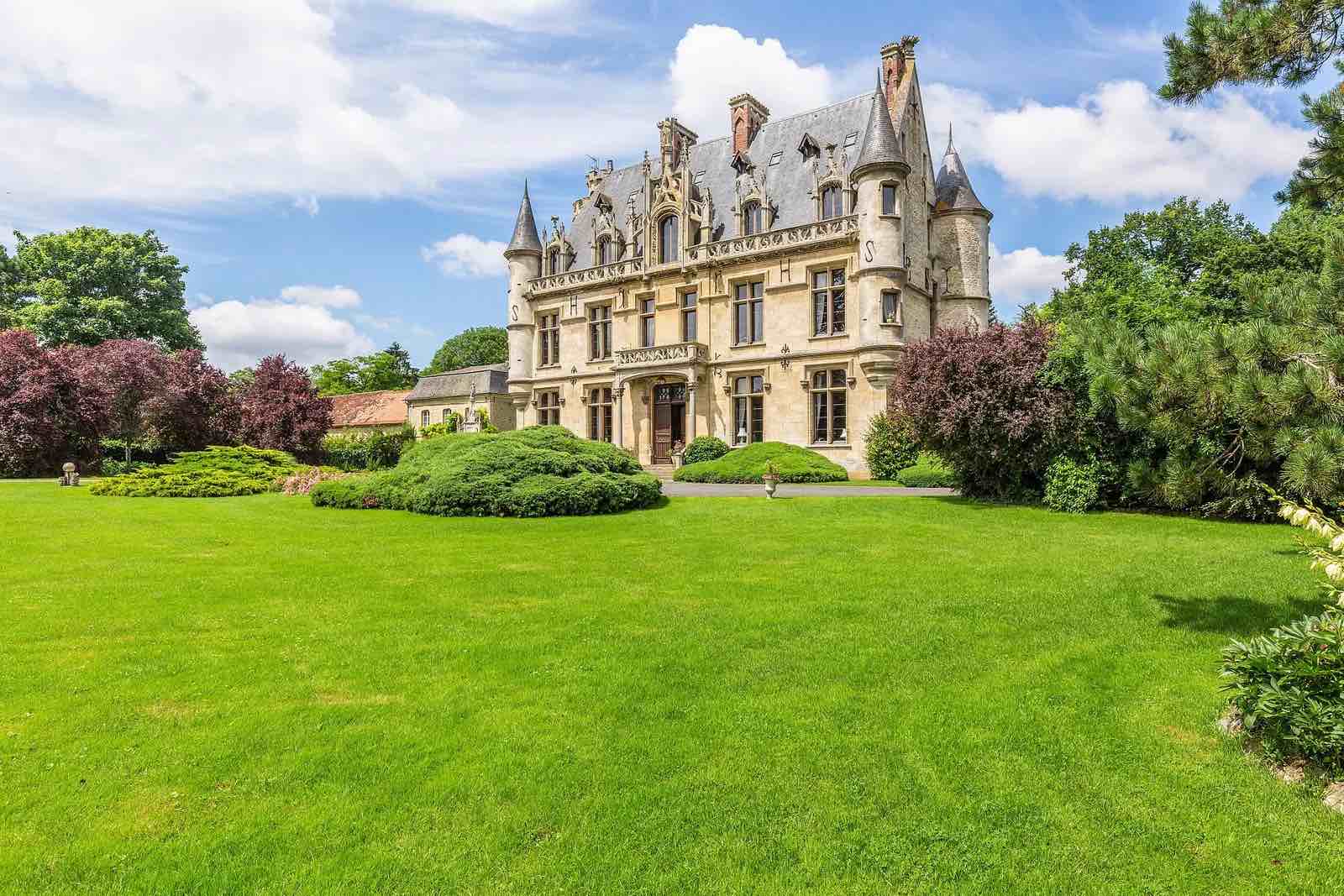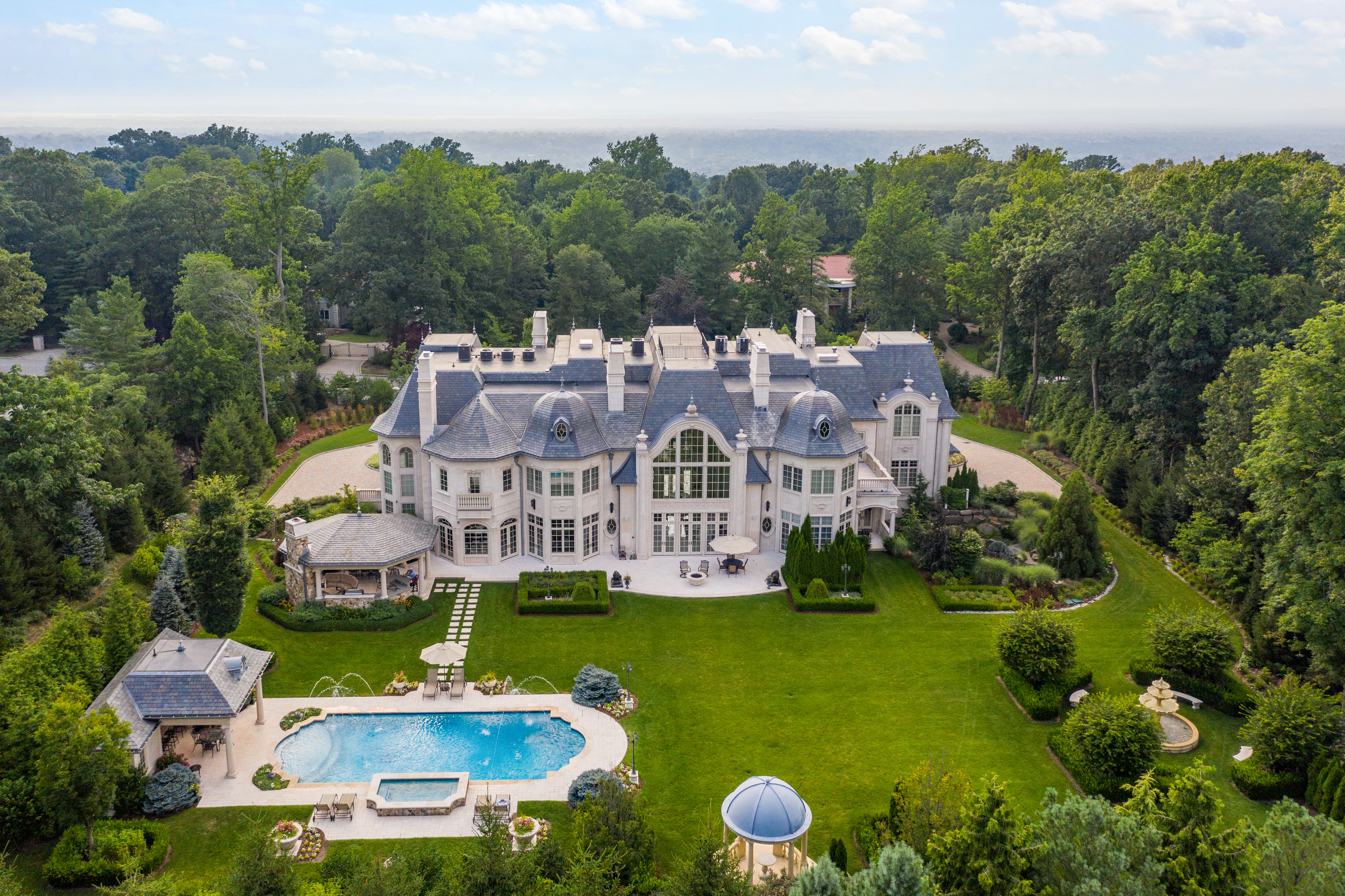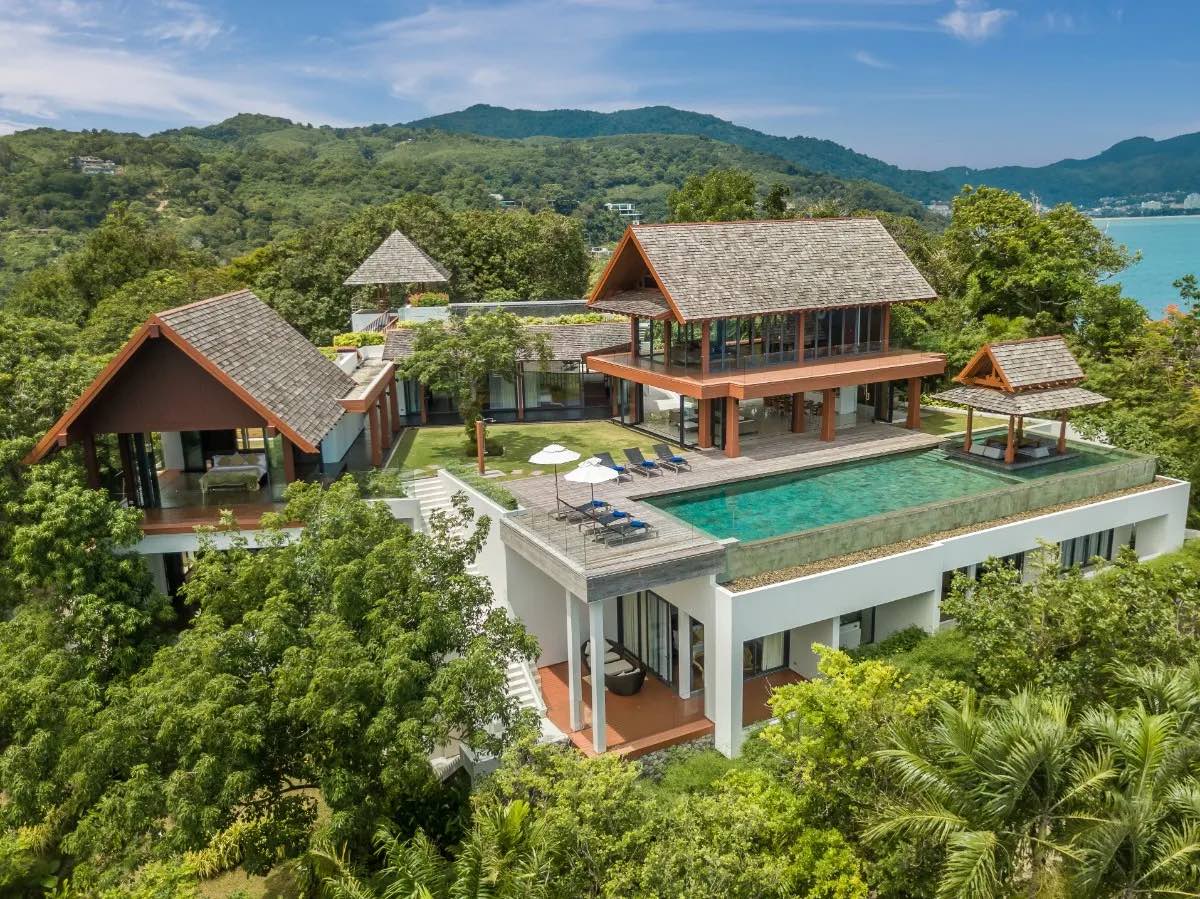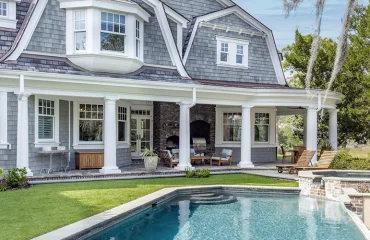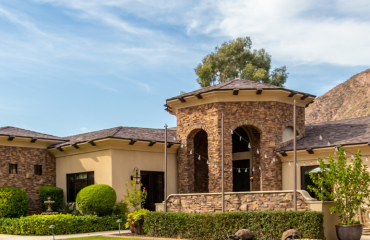What is the outlook – what do you think will happen to inventory and prices?
In the U.S. market, inventory is the biggest challenge today – more than rates, more than price, more than consumer confidence.
It’s not that there aren’t homes for sale. It’s that many are held in the private market, and the quality properties that do make it to the open market sell very quickly.
We don’t see the inventory picture changing much throughout 2023. We’re going to be dealing with lower-than-normal levels, and the silver lining there is that it’s going to buoy prices.
People talk about a soft landing in the economy, and we’re watching a similar dynamic in the housing market – the delicate dance of inventory, demand, prices, borrowing costs and, to some degree, employment, and where it all settles. Right now, fingers crossed, things are looking pretty good.
How about selling times?
One of the big surprises this spring has been that homes are selling very quickly. Some properties are even receiving multiple offers.
A lot of buyers who took a step back last fall and winter came out early in 2023 in search of opportunity. But a key here is that sellers need to be priced to market, and their homes need to be turnkey. The days of buyers looking past condition and cost are over.
What is the outlook for first-time buyers?
In our opinion, the high-end first-time buyer is going to drive the market in 2023.
These are people who don’t have a home to sell. They aren’t looking at trading out of a 3-percent mortgage. And they’re paying record-high rents. So, home prices in the high six figures or even above $1 million, which is the entry point in many prime markets, are not going to hold them back.
Nor are interest rates, which, in the U.S., will be in the 5 percent range soon enough. So, it’s a good market for first-time buyers. They’re just going to have to prepare themselves to act quickly when they see something they like.
